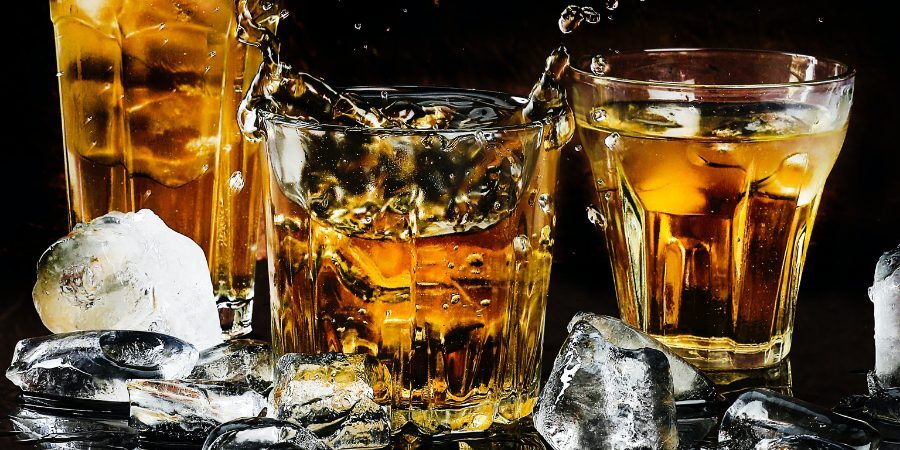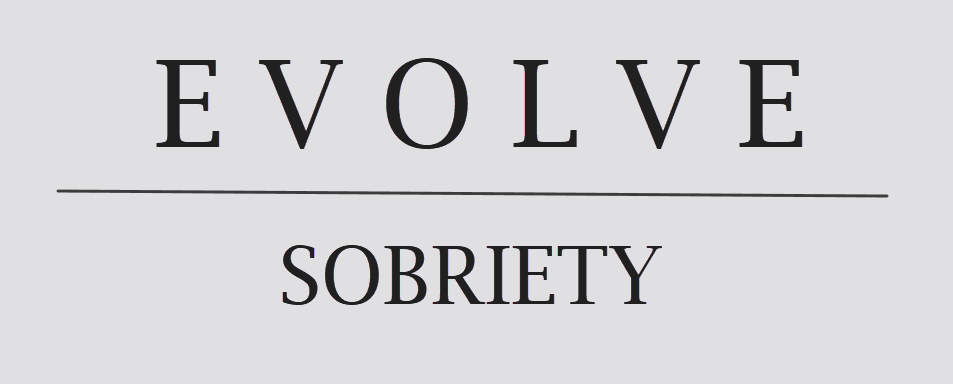Alcohol addiction is intricate by nature and multifaceted, involving a whole variety of psychological factors. This blog further dives inside an alcoholic’s mind to explore the emotional, cognitive, and behavioral patterns fueling addiction. Thus, further understanding of the psychological mechanisms in those conditions throws some light upon alcohol addiction as a treatable medical condition and an area to develop interventions that reduce stigma and increase empathy.

Emotional Triggers:
Emotional triggers are the sets of psychological stimuli or cues leading to certain behaviors or coping mechanisms with strong emotional responses. Emotional triggers are some of the most contributing factors toward the development of problematic drinking patterns within the alcohol addiction setting. Here’s a closer look at how emotional triggers contribute to alcohol addiction:
Stress and Anxiety: People may use alcohol in response to feelings of stress or anxiety. Comparatively, the temporary relief alcohol brings from stress—actually from stress—can be compared to self-medication in that people are given a chance to “check out” from intolerable feelings of anxiety for a short time.
Depression and Low Mood: Alcohol may also be turned into a coping mechanism for depression or low mood. Some use the drug to alleviate the numbing of emotional pain or feel high and better for a while despite the adverse outcomes attributed to heavy drinking.
Past Trauma and Experience: Formative traumas or adverse experiences likely stimulate the urge to drink in alcohol-addicted individuals most often. Traumatic events, such as emotional abuse or physical abuse, can lead to feelings of shame, guilt, or being unworthy that the person tries to numb or silence from the use of alcohol.
Loneliness and Isolation: Loneliness or social isolation may also be construed as some of alcohol use’s emotional triggering situations. The person can drink to overcome loneliness or due to the lack of social support networks.
Poor self-esteem: Low self-esteem or a poor self-image contributes to alcohol addiction. People may resort to alcohol as a source to get temporary self-assurance or to wear down feelings of not being good enough or lacking confidence.

Genetics and Biological Vulnerability
The genetic causes form the significant determinants for an individual’s predisposition to be prone to alcohol addiction. Among the differences, some genes can affect how the brain responds to alcohol and thus lead the person to be at greater risk of addiction behaviors.
Cognitive Distortions
Rationalization: Alcoholics are prone to cognitive distortions, where they give rationalizations to their drinking. This rationalization will either downplay what they think is a negative outcome of drinking or talk themselves into thinking they are in control of their drinking habits.
Denial: This is the mechanism of defense applied mainly by many alcoholics. They usually try to deny the quantity and natural consequences of this addiction. He underestimates the amount of drinking or, sometimes, even denies that the problem exists.
Behavioral Patterns
Compulsive Behavior: Alcoholism is the state of a person indulging in compulsive take of alcohol even when there are adverse results. People with this problem may lose control over their drinking behavior, even if it affects their health, relationships, or work negatively.
Routine and Rituals: Alcoholics are likely to develop a routine and rituals around their alcoholic behavior. Typical routines and rituals may include patterns of time of day in which alcohol addicts drink, the location or environment where they drink, and those rituals that involve preparations or consumption of alcohol.

Social and Environmental Influences
Peer, social pressure, or normative influence from other class members on alcoholic use can be an essential cause of addiction. Persons can be under pressure in social context to drink; maybe they are affected by their friends or family members to adopt such habits.
Availability and accessibility: Availability and accessibility of alcohol can also be factors influencing drinking behavior. It will include easy access to alcohol either from local liquor stores or in social gatherings where the supply of alcohol is always available, which may hinder the individual from the possibility of turning down the consumption of alcohol.
Psychological Treatment Approaches
In most persons with this disorder, psychotherapy such as dialectical behavior therapy (DBT) and cognitive-behavioral therapy (CBT) are Group therapy, and support groups further enhance the sense of community and belongingness through participation in them, along with being a part of peer counseling.
Conclusion: Breaking the Cycle of Addiction
In summary, alcoholism is the complex interplay of psychological, emotional, and social factors. To be able to understand the mechanism behind the force of addiction could give them the power to at least begin to break free of the cycle of addiction and, for the first time, seek the support and treatment they so very much need in millions struggling with alcoholism. It means that we can help alcohol addicts overcome their addiction by availing of understanding, empathy, and interventions that will ensure they make their lives better.
Take the first step with Evolve Sobriety!
Are you suffering from alcohol addiction yourself or a loved one? Take the first steps toward recovery with Evolve Sobriety. We are dedicated addiction specialists and are willing to provide you with individual support, guidelines, and the entire variety of options in treatment that will help you overcome your alcohol addiction. Feel free to contact us at any time; scheduling a confidential consultation would be the right first step in the right direction towards your healthier and sober future.
